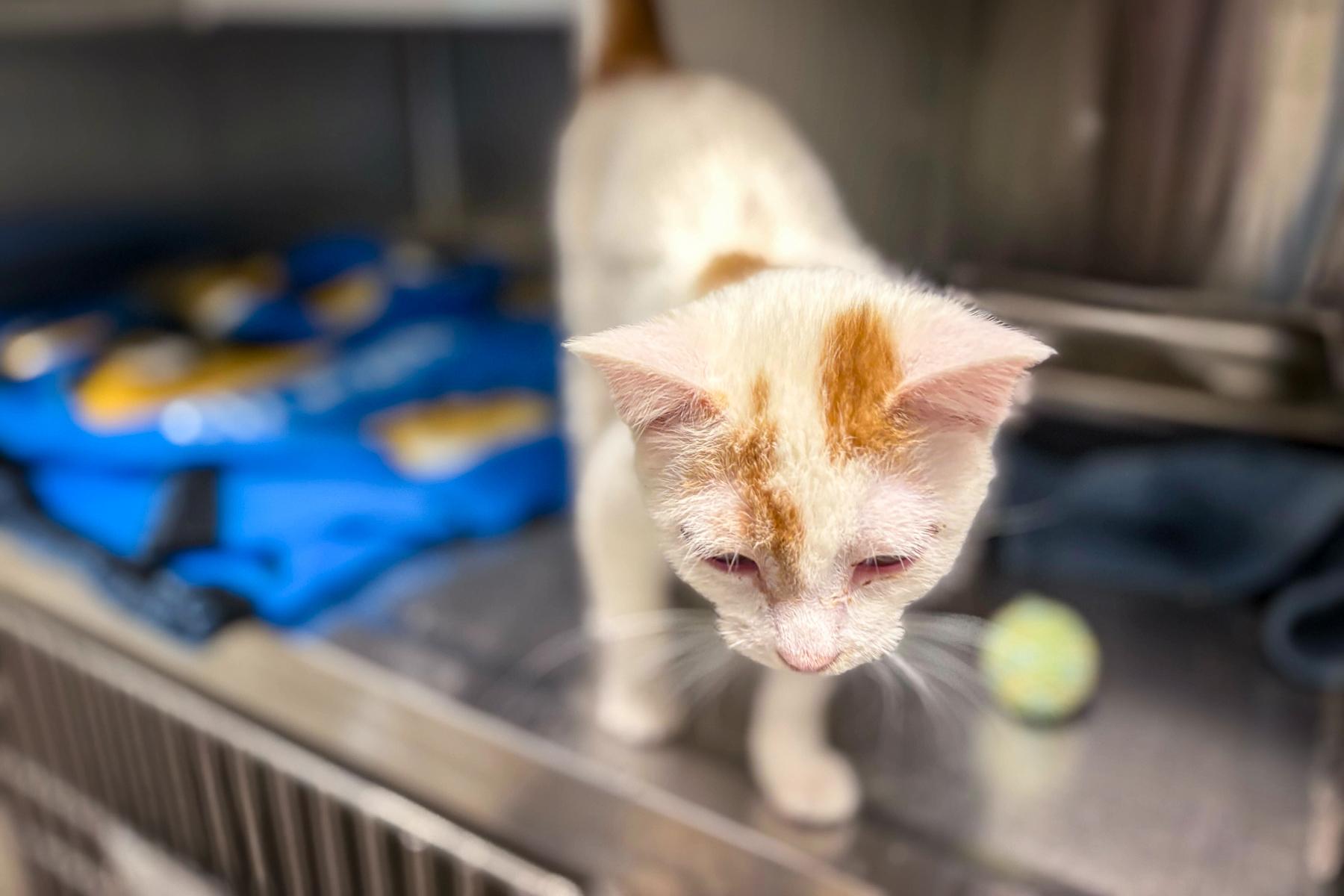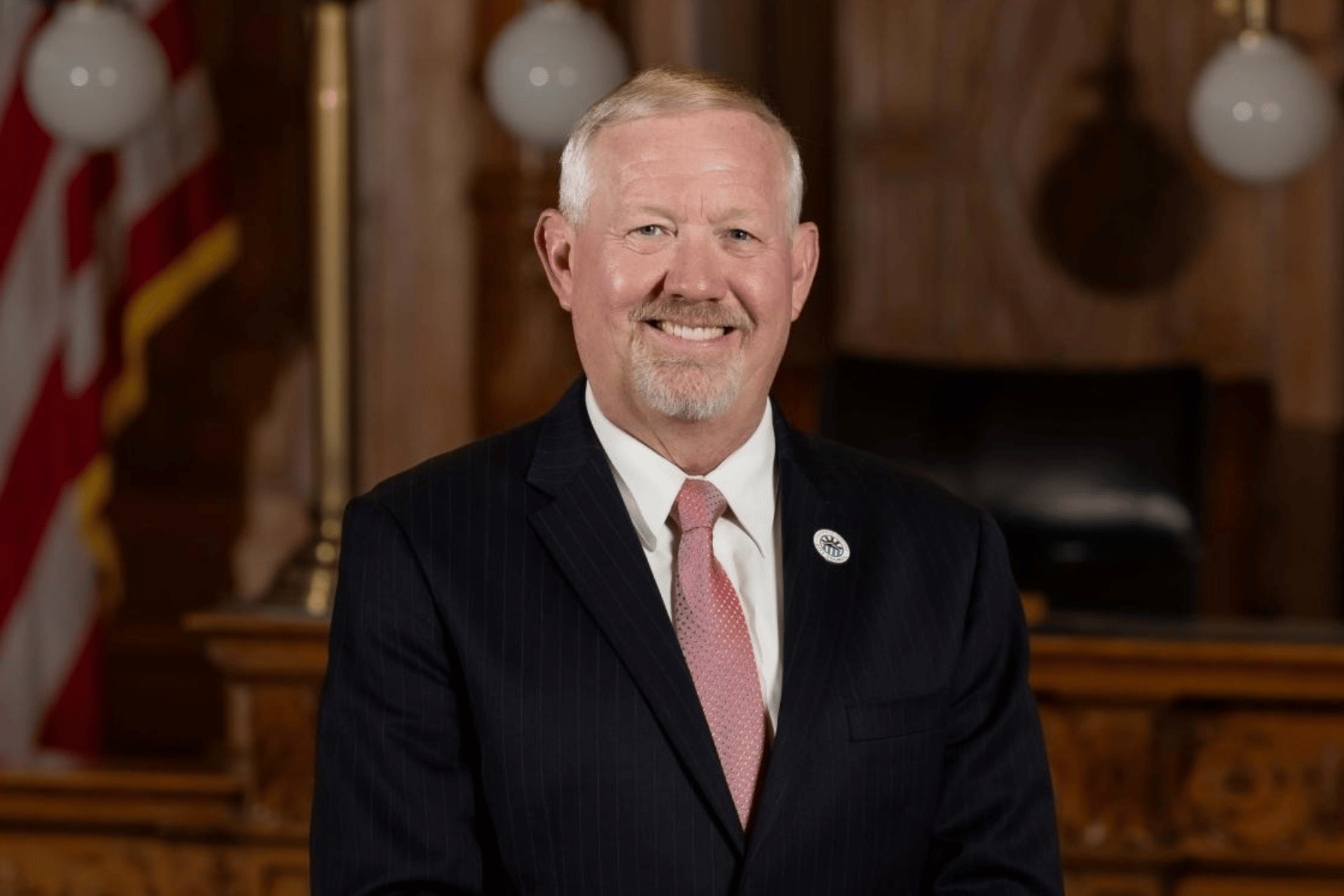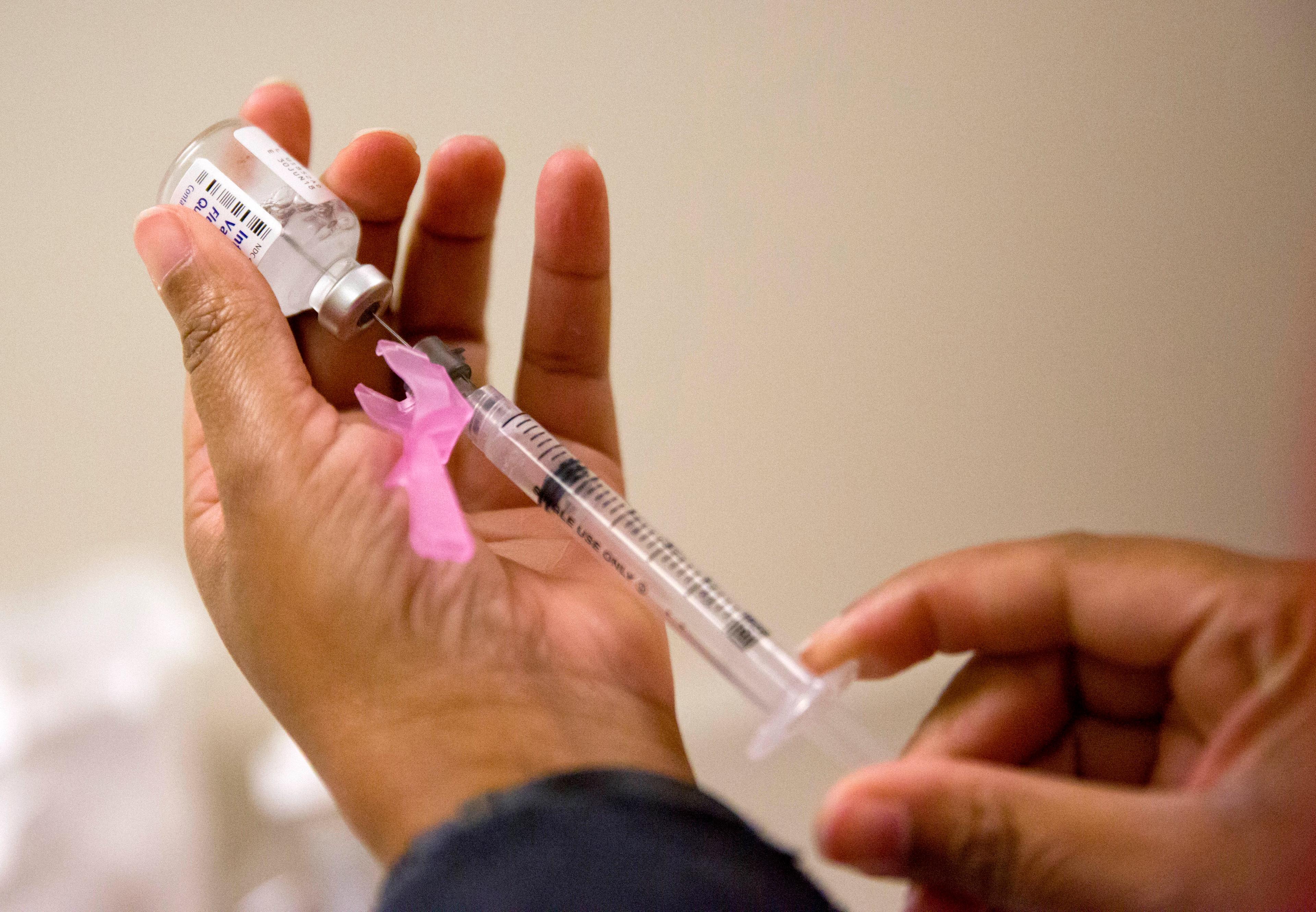
As jury selection has begun in the first trial in the death of an unarmed Black man in Aurora, the burden will be on state prosecutors to prove beyond a reasonable doubt that two Aurora police officers confronted a healthy, innocent 23-year-old man named Elijah McClain, and, in forcibly arresting him, were among those responsible for his death.
Three others involved in McClain’s arrest will face similar charges later but the state’s evidence will get its first test in this trial of Jason Rosenblatt and Randy Roedema — both officers arrived moments after their colleague Aurora Police Department officer Nathan Woodyard made initial contact with McClain on a street in August 2019.
McClain’s death drew international attention only after another man died at the hands of police nine months later in Minnesota.
But in the spring and summer of 2020, Elijah McClain was added to the list of names echoed in chants around the country during a reckoning on police violence and racial justice amid a pandemic lockdown.
Those protests sparked a host of police reform laws in states across the country — including Colorado.
And it was during those roiling protests that Colorado’s Democratic Gov. Jared Polis also took interest in McClain’s story and made the unheard-of move in appointing a special prosecutor, state Attorney General Phil Weiser, to take another look at the case after a local district attorney declined to press charges on the officers months after McClain’s death.
Weiser convened a statewide grand jury and a year later announced indictments for the three officers and two paramedics who were involved in the arrest.
As of today, those three officers and two paramedics are charged with manslaughter, criminally negligent homicide and assault for collective actions that resulted in McClain’s death. They all pleaded not guilty to the charges earlier this year.
Both sides will question dozens of potential jurors over the next several days in an Adams County courtroom. A trial is expected to start within a week.
There are three separate trials for the five defendants that could last for the rest of 2023. Co-defendants Roedema and Rosenblatt are going first. The second trial is scheduled with officer Woodyard. And the third trial scheduled is for the paramedics Jeremy Cooper and Peter Cichuniec, who are co-defendants.
The paramedics Cooper and Cichuniec’s attorneys this week filed an appeal with the state Supreme Court challenging Weiser’s authority to move forward with the prosecutions. Adams County Judge Mark Warner, who will preside over the trial, ruled in late July on a similar filing in his courtroom that there was authority to proceed.
All five defendants face both manslaughter and criminally negligent homicide charges — both are murder charges though manslaughter has a higher “reckless” standard than criminal negligence.
Standards of proof
For a conviction, the reckless standard requires that prosecutors prove that the officers and the paramedics were aware of the risk they were taking with McClain’s young life in forcibly taking him down to the ground, putting him in two carotid chokeholds and a bar hammer hold. Three officers held him down and put their weight on him and ignored his pleas that he couldn’t breathe. They also failed to immediately remove a face mask that McClain was repeatedly vomiting into after the chokeholds. Then, the paramedics administered a large dose of ketamine to McClain after diagnosing him with “excited delirium.” They did this without touching McClain, taking his vital signs or talking to him. They gave him ketamine without permission.
To convict someone of criminal negligence, the standard of proof is lower.
The officers wouldn’t have had to believe they were going to kill anyone, but the question jurors will have to tackle is whether a “reasonable person” would recognize these actions as a gross deviation from the standard of care.
Both a former district attorney and a criminal defense attorney say this is purposefully extraordinarily broad.
Mitch Morrissey, who served as Denver’s district attorney from 2005 to 2017, didn’t want to speak specifically on the McClain officer trials, but offered up another example of something that could be manslaughter or criminally negligent homicide: A person is shooting a gun into a door of an apartment building and someone on the other side gets hit and killed. The shooter may not be purposefully trying to kill anyone, but are they knowingly acting recklessly or did they just have enough negligence that it could be charged as a criminal act?
“Is the act a risk that a reasonable person would take?” Morrissey said. “Is this a gross deviation from behavior another person would take?”
State prosecutors have said that Roedema and Rosenblatt did deviate from that standard of care. Roedema specifically ignored McClain’s pleas that he couldn’t breathe and also ignored other officers’ warnings that he should check on him, according to the indictment. The two officers held McClain on the ground. Roedema was on his back and Rosenblatt was on his legs. Roedema applied the bar hammer hold to McClain’s shoulders, the indictment said.
Autopsy change likely to play big role
Attorneys representing the police officers and paramedics will likely point to McClain’s autopsy as the reason their clients should be acquitted.
Initially, the Adams County coroner signed off on an autopsy performed by a contract pathologist who called McClain’s cause and manner of death “undetermined.” But during the secretive grand jury proceedings last year, that autopsy was changed by the same pathologist to death by ketamine. The manner of death is still undetermined.
In earlier court dates, defense attorneys have brought up the racial justice protests of 2020 and said that their clients are being scapegoated because of the anger across the country at police practices.
Prosecutors maintain that this case is about the 20 minute interaction when McClain went from walking home from a convenience store, minding his own business and not committing any crime, to the moment he lost his pulse in an ambulance.
A 911 call and a violent arrest
On August 24, 2019, McClain was walking back home after going to a Shell gas station for iced tea. Body worn camera footage shows him slinging a white plastic bag with his drinks inside and listening to headphones and walking down the street. He wore a brown jacket and a face mask, which his family said was usual because he was often cold. Someone identified only as “Juan” called 911 and reported a “sketchy” looking person, and officers stopped him.
Woodyard approached first and ordered McClain to stop. Moments later Roedema and Rosenblatt arrived and the stop quickly turned physical, according to the indictment. The officers grabbed McClain’s arms and forced him against an exterior wall of a nearby apartment building. Rosenblatt said he attempted to place McClain into a chokehold, but was unsuccessful. Woodyard then applied a successful one that resulted in McClain fainting. Roedema also placed McClain in a bar hammer lock, which is a crank on a shoulder that is an arrest control tactic. He told investigators he “cranked pretty hard” and heard McClain’s shoulder pop three times.
When McClain gained consciousness after the carotid hold, the struggle continued with the officers. All three of them were on top of McClain despite his pleas that he couldn’t breathe.
The three officers had him on the ground and discussed the need for McClain to get ketamine — even before the paramedics arrived. Paramedics didn’t talk to McClain or ask him his weight. They estimated him to be about 200 pounds and gave him 500 mgs of ketamine accordingly — McClain weighed 57 pounds less than that.
McClain was placed on a gurney and into an ambulance. He lost his pulse in the ambulance on the scene. They revived him briefly, but he went into a coma at the hospital and was declared brain dead a few days later. His family took him off life support and McClain died Aug. 30, 2019.
“It’s hard to imagine an indictment more detailed,” said Attorney General Senior Prosecutor Jason Slothouber at an earlier motions hearing, responding to defense attorneys’ request to get the case dismissed. “The attorneys want to have us describe in detail our legal theory in the case and the theory in the cause of death. Our argument strategy is going to be, there isn’t an ability to be more detailed here.”









